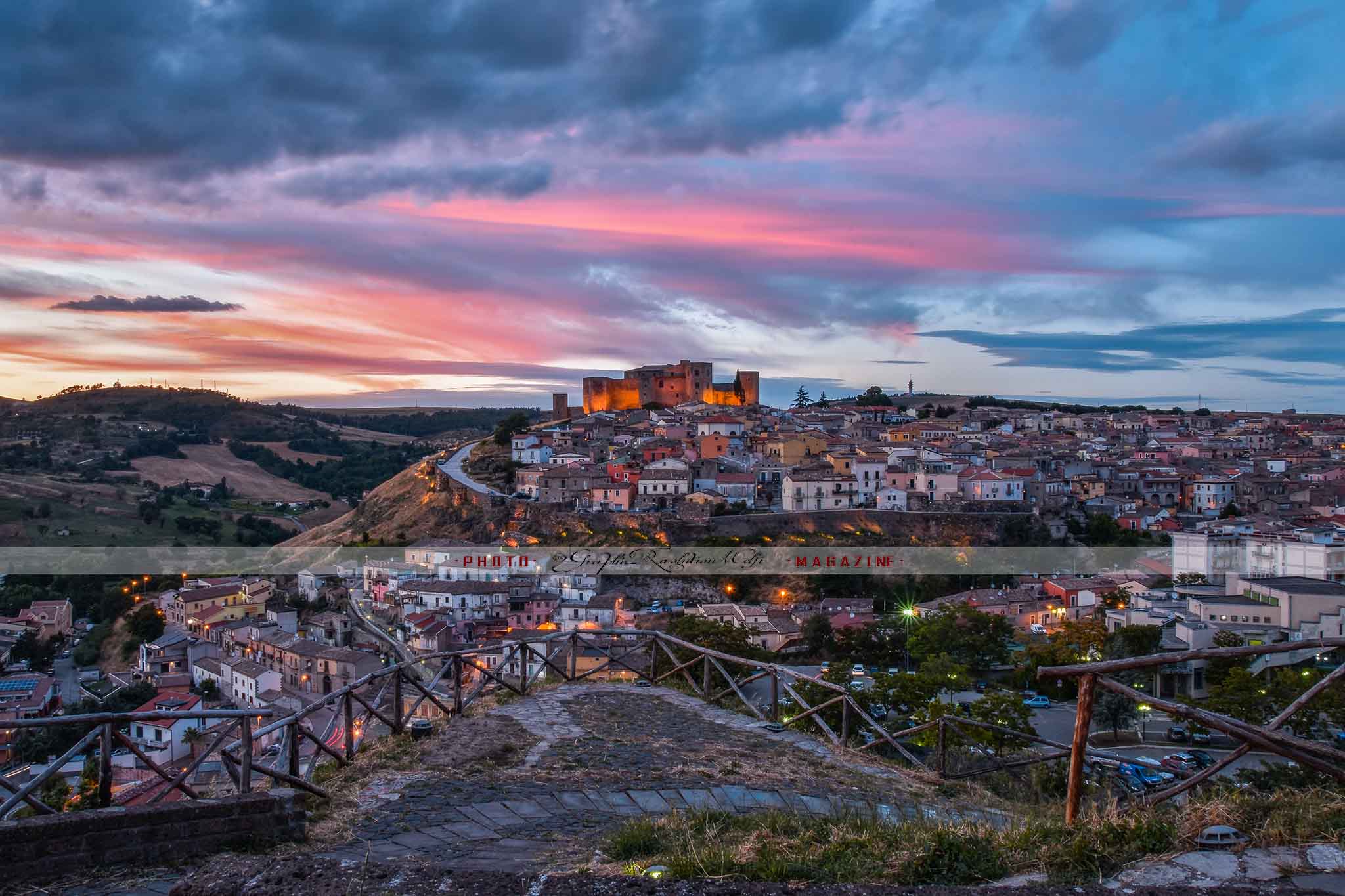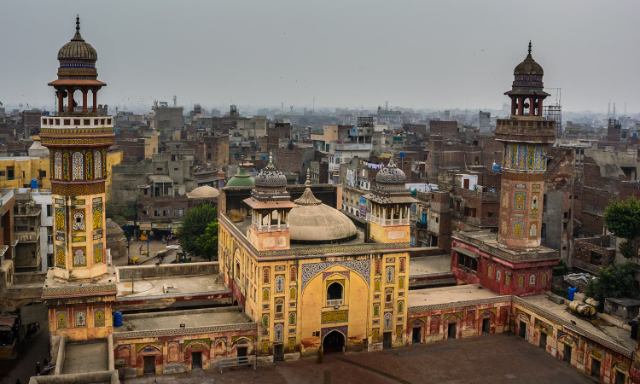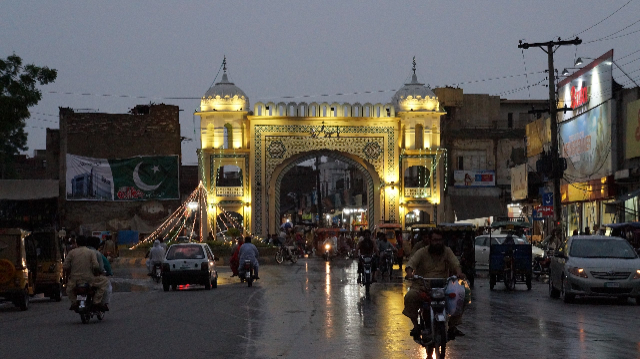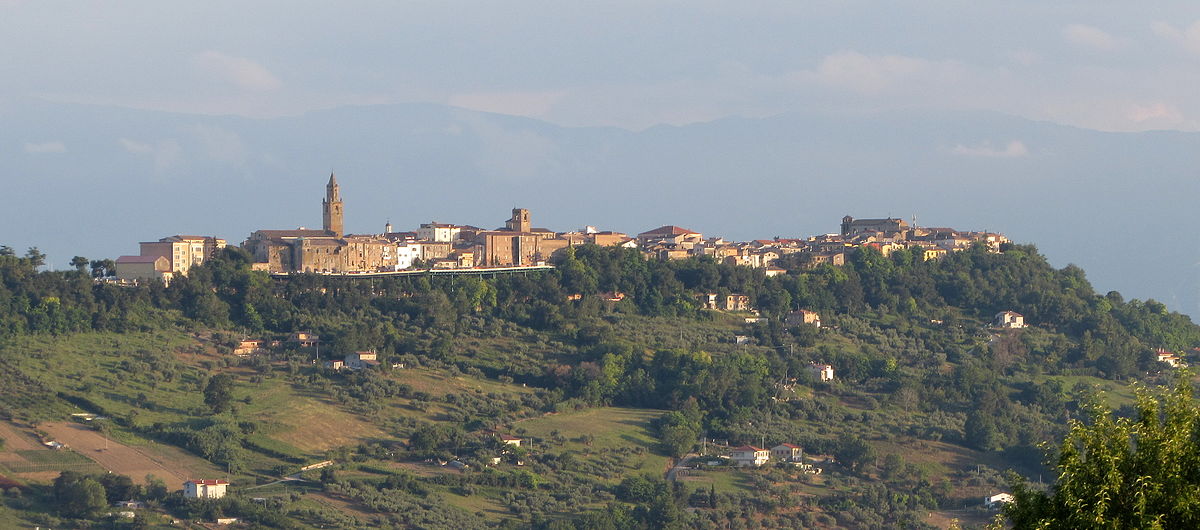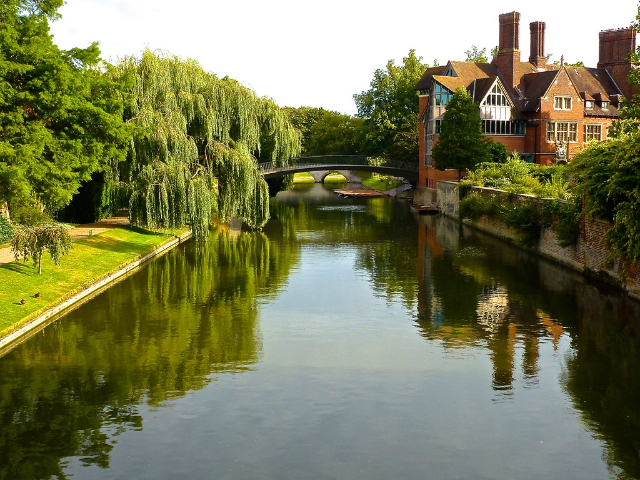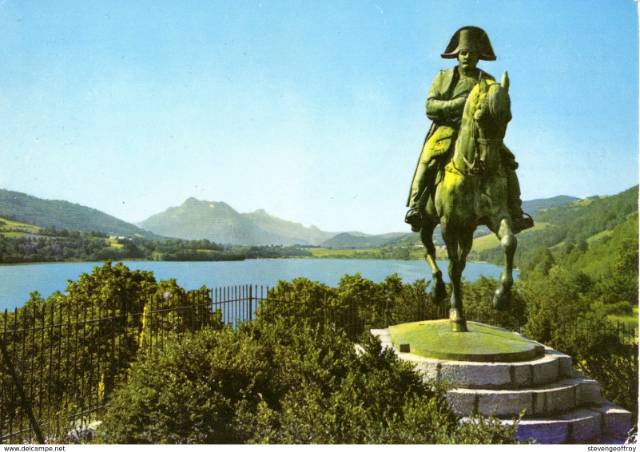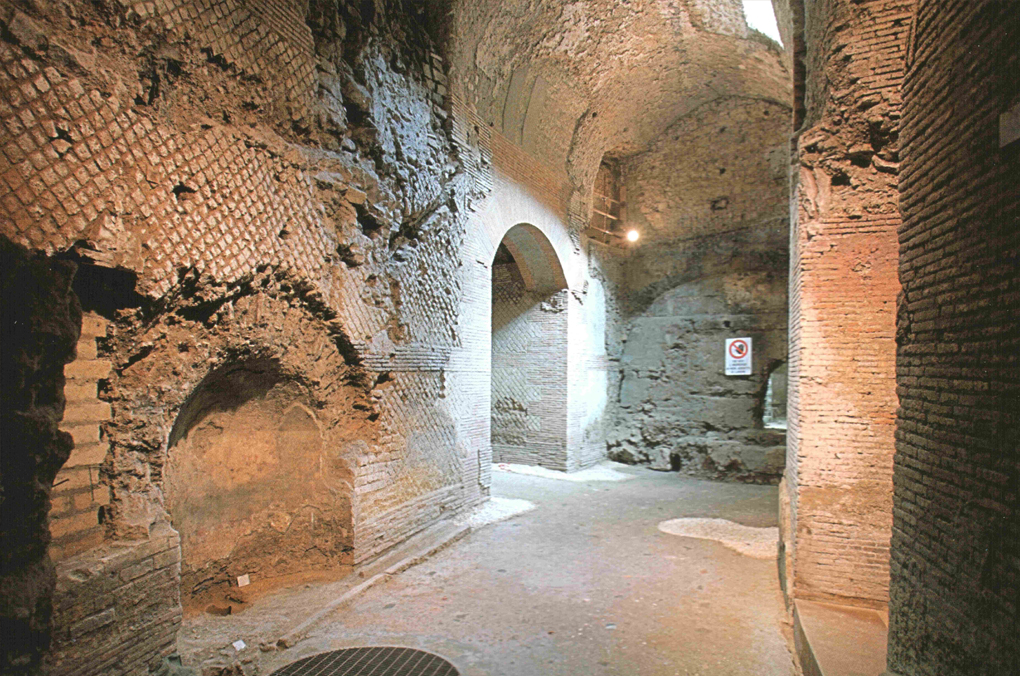In the green and soft landscape of the northeast edge of Basilicata, not far from the border with Puglia, among volcanic hills, lies the city of Melfi. Although its foundation is of unknown date, ancient pre-Roman populations, Dauni and Lucanians, left in the Vulture-Melfese area traces of their passage, especially of a funerary nature. With the Normans and later with the Swabians, the city assumed a central role in the region. A lover of hunting – widely practised in these areas, Frederick II chose the Castle of Melfi as his residence, after having enlarged and renovated it. From here in 1231 he promulgated the Constitutiones Augustales, also known as the Constitutions of Melfi: the first revolutionary organic text of civil and penal laws drawn up in medieval times. The Castle, with its charm that has remained unchanged also because of its dominant and majestic position over the valley, is built on a platform of lava and made of the same stone. Today it is the seat of the National Archaeological Museum of Melfi, whose collections illustrate the life, beliefs and customs of the people who frequented these fertile lands from protohistory to the Roman age.
